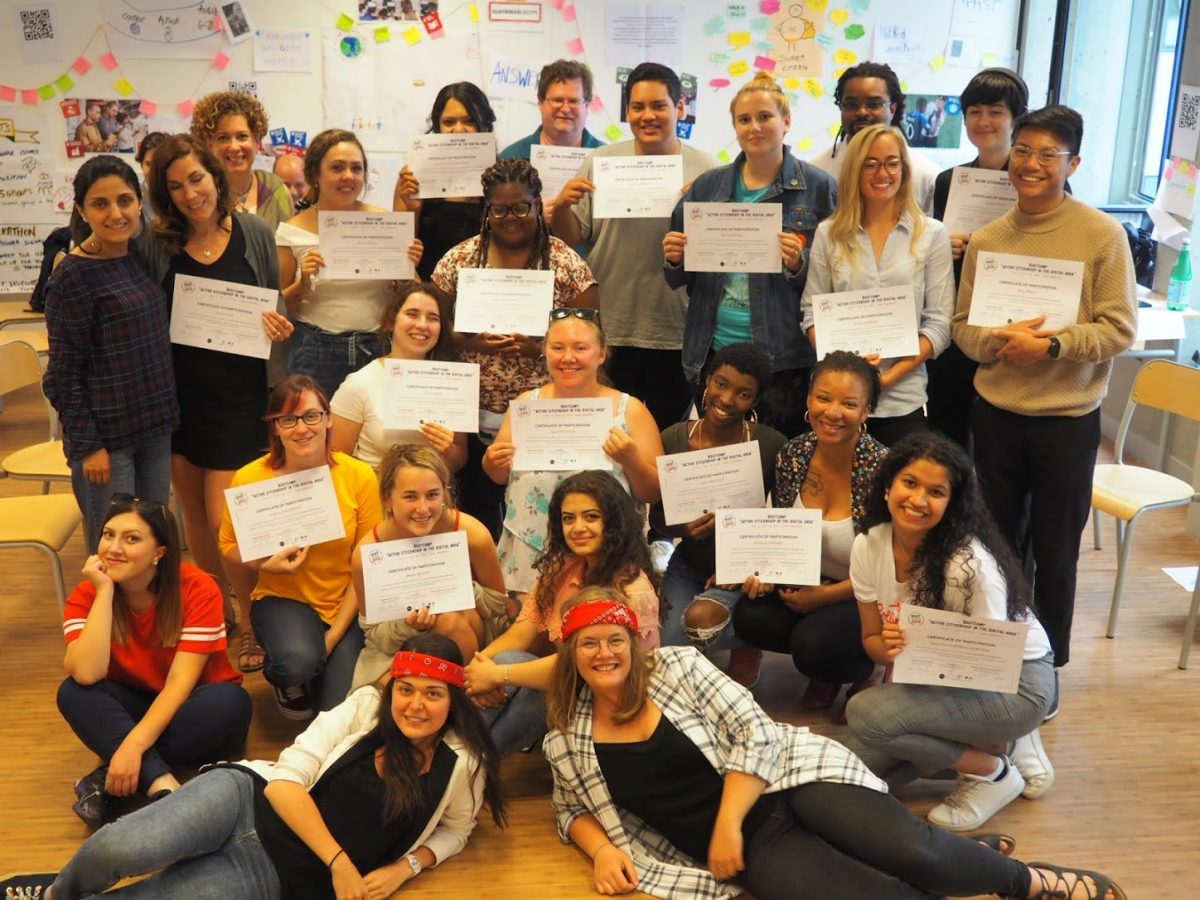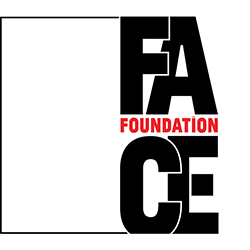Chapman University, California, and INSPÉ Normandie Caen, UNICAEN School of Education, were awarded a grant of the FACE Foundation for a joint project of virtual exchanges on comparative analysis of the representation of childhood and education in both cultures.
The FACE Foundation, in partnership with the French Embassy in the U.S. and the U.S. Embassy in France, supports cultural exchanges between France and the United States in the fields of Education and Arts. Each year, the Foundation grants funds for cultural and education projects, intended to enrich French-American university cooperation via innovative and inclusive programs.
Virtual exchanges as an alternative to the internationalization of curriculum
With the COVID crisis and its significant and probably long-term impact on international mobility, the FACE Foundation naturally turned to virtual for its 2021 call for projects entitled “Transitioning to Virtual Exchange“.
Contacted by two American university partners through the ISEP Study Abroad network, UNICAEN co-filed two projects of virtual exchanges, one with Chapman University and INSPÉ Normandie Caen in the representation of childhood, the other with Nebraska Weslayan University and IAE Caen School of Management on transnational study projects in finance and stock exchange.
The Chapman/INSPÉ project was selected by the FACE Foundation and is one of the 16 projects awarded with a grant to initiate their development.
Since January 2021, this program pairs together 6 advanced students in Chapman’s French department and 6 future teachers and English professors of the INSPÉ. Between regular informal exchanges and Master Classes, students compare childhood and education in both cultures, primarily through literature and cinema.
The project was led by Dr Véronique Olivier, Associate Professor at Chapman’s World Languages and Culture Department, graduated in French Literature and Film Studies from University of Wisconsin – Madison. “This project was born out of a desire to present my students with alternative ways of learning, beyond classrooms and professors. This exchange with INSPÉ students brings both linguistic and cultural enrichment and, above all, brings additional motivation in discussing study material (children’s book, childhood in cinema, parental education) as students establish real connections”.
The first Master Class, hosted by Sébastien Lifshitz, Director of the Adolescentes documentary, led to discussions about the role of parental and school education in France, as well as introducing the art of filming and financing feature-length documentary in France and in the United States. The second master Class was hosted by Matthieu Maudet, illustrator for the École des loisirs French book editor, and covered the art of illustrating children’s literature, in conjunction with their project of creating a bilingual children’s book.
For Magali Jeannin, Associate Professor of French Language and Literature in charge of International Affairs at the INSPÉ, “this program is particularly interesting because it’s linguistically balanced. Usually, for such collaborative projects, exchanges are exclusively conducted in English. It is highly formative for our English learners but far less stimulating in terms of reciprocity. This time, we connect with Francophile students and it creates a fully intercultural study context.”
To complete the program, each bi-national pair will have to hand in a paper, written both in French and English. At the INSPÉ, the program is supervised by 3 professors.
Any short summer mobility proposed as part of the project will have to wait until summer 2022 and without FACE funding.
The NWU/IAE project remains relevant, even without the FACE grant. U.S. and French professors engaged in the filing process are still working on a collaborative project for the academic year 2021/22.
Community Colleges: an emerging player in international education
Back in 2018, UNICAEN responded to the “Community Colleges in France” call for proposals meant to foster study abroad programs in U.S.. Community Colleges. In July 2019, the Carré international hosted a bootcamp on digital citizenship, in partnership with the Institut international des droits de l’homme et de la paix (International Institute for Human Rights & Peace – 2IDHP). One participant, strongly motivated by the cause, has since integrated the International Jury of the Prix Liberté 2021, which will be awarded in June during the Normandy World Peace Forum.
Traditionally, turned to low-income commuter students, community colleges recently witnessed an important swing in their student profiles, mostly due to the increasing demand of “traditional” students no longer able – or willing – to absorb the increasing cost of tuitions in U.S. Universities.

Thus, more and more young Americans are turning to those two-year affordable, yet qualitive and professional, Associate Degrees (similar to French DUT and BTS) and use them as a bridge to four-year Colleges and Universities. This movement makes Community Colleges a key player in the American higher education landscape and, by extension, has made international cooperation and student mobility a major and strategic issue for these institutions.
While many community colleges are still new to internationalization, others, like Lane Community College, Oregon, have always valued and encouraged study abroad in their curriculum. Unilateral partner of UNICAEN since the early 2000s, Lane CC has been sending its French learners to train in our French language and culture programs. And this long collaboration led in 2019 to the signature of one of the first exchange agreements between a French university and a US community college. Lane students continue to study French language, literature and civilization at the Carré international. In return, students from UNICAEN from the IUT MMI (Multimedia and Internet professions) now have the opportunity to study abroad at Lane for a full-year and enjoy their high-tech facilities. And more importantly, UNICAEN students can also graduate from Lane CC and receive their Associate Degree (with the possibility of working in the U.S. for a year after their study abroad thanks to the F-1 visa sponsored by Lane). In 2020/21,and despite the Covid crisis, Mathilde was the first student to fly to Eugene, Oregon. And while the crisis prevented her to fully immerse and fulfill her initial expectations, there is no doubt that she paved the way for new and innovative opportunities for our IUT students.
The United States has always been a key partner for UNICAEN international strategy. With 15 bilateral partnerships and over 140 U.S. institutions available through the ISEP network, the U.S. represents the largest choice of study abroad opportunities for UNICAEN students outside the Erasmus+ program. The recent evolution of international education, accelerated and constrained by the Covid crisis, makes this pool of partnerships the ideal ground for experimenting with new forms of collaboration and mobility. Thanks to the intensification of distance learning programs and techniques, to the normalization of virtual meetings and events, we have collaborated with institutions and for students who, until recently, were off the “strategic” maps–actively developing global education, everywhere and for all.



